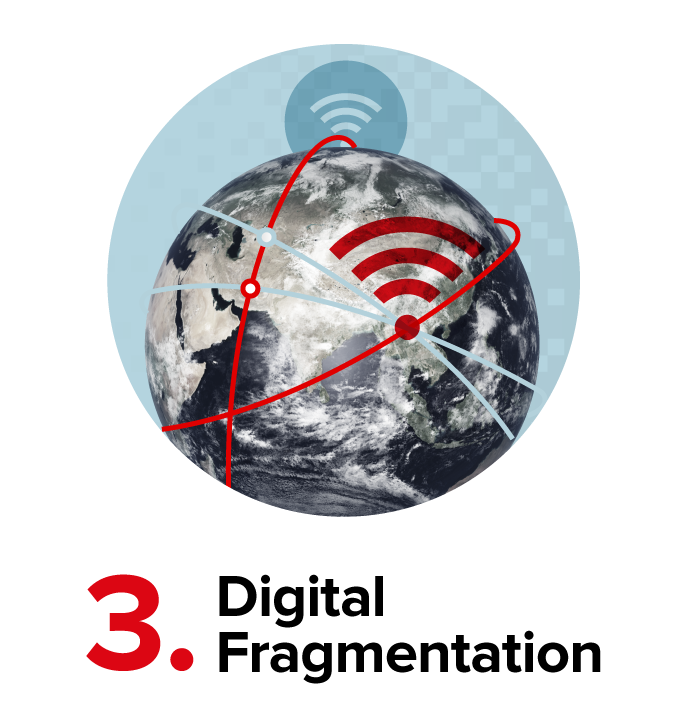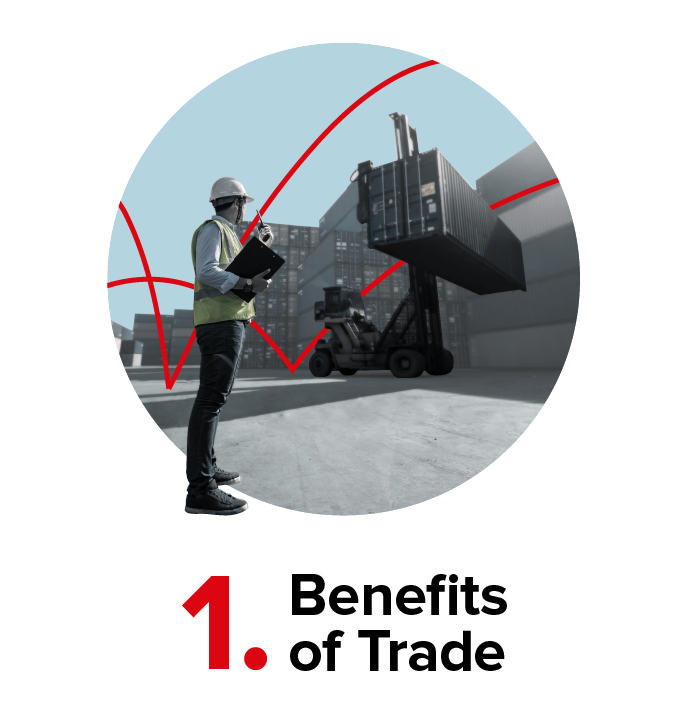
Written By Marcus Lu
Graphics & Design
- Sabrina Lam
Published October 31, 2022
•
Updated October 30, 2022
•
TweetShareShareRedditEmail
The following content is sponsored by The Hinrich Foundation

Global Trade Series: Fragmentation in the Digital Economy
Since its creation, the internet has vastly expanded sociopolitical and economic development around the world. This is largely attributed to the its ability to facilitate communications, data sharing, and commerce on a truly global scale.
Unfortunately, a free and open internet will not always be guaranteed. Fragmentation between rival nations is growing, and it threatens to split the digital economy into silos.
In Part 3 of The Global Trade Series from the Hinrich Foundation, we examine the current state of digital fragmentation and its implications on the world.
The Physical Divide
Developed economies are entering a fourth industrial revolution, spawned entirely by digital technologies. This includes transformative innovations like artificial intelligence, blockchain, and 5G.
These technologies have the potential to improve income levels and quality of life, but they could also worsen global inequality. This is because of a major gap in internet-supportive infrastructure, as illustrated in the infographic.
To get a sense of this gap, consider the following numbers.
- 86 countries have fewer than 300 secure servers per million people
- The U.S. has over 110,000 secure servers per million people
- Denmark, the Netherlands, and Singapore have an even higher ratio than the U.S.
Secure internet servers are the basis of protected communications on the internet. Without them, countries are likely to face difficulty in attracting foreign trade and investment.
Entering Regulatory Overview
Many of the world’s largest economies are making fragmentation worse by erecting barriers between their national digital sectors. Using data from Digital Policy Alert, we can track state interventions by policy area.
Data governance refers to any policies that affect our ability to access or share data. This includes data localization measures, which can hamper digital services from foreign companies. See the table below for the number of policy changes by country, from between January 2018 to September 2022.
| Country | Number of State Interventions (Data Governance) |
|---|---|
| U.S. | 283 |
| EU | 115 |
| China | 73 |
| UK | 57 |
| Japan | 31 |
| Rest of World | 409 |
Another focus area for governments is content moderation, which is any policy that controls online content. The following table lists the number of content moderation policies over the same time period.
| Country | Number of State Interventions (Content Moderation) |
|---|---|
| U.S. | 72 |
| Russia | 40 |
| EU | 38 |
| India | 13 |
| China | 13 |
| Rest of World | 95 |
A recent example of content moderation is China’s campaign to cleanse its local internet of “rumours and false information”. Given the ambiguity of the term “false information”, this initiative could lead to political censorship.
Buying Advantages
In a further display of state intervention, leading economies have been engaged in a decade-long subsidy race to create advantages for their digital sectors.
Subsidies are a form of discrimination in a nation’s trade and investment regulation, and may dissuade potential entrants from participating in its market. Of course, only wealthier governments can play the subsidy game, which is why the majority are attributed to the U.S., China, and the EU.
While American subsidies to the digital sector actually declined during the 2010s, the CHIPS and Science Act of 2022 marks a renewed focus on nurturing domestic industries. More specifically, $280 billion is being allocated over the coming years to “develop onshore domestic manufacturing of semiconductors critical to U.S. competitiveness and national security”.
The New Normal?
At its inception, the internet was intended to be a globally unifying medium. This vision is known as an “open internet” where two parties, regardless of location, are able to exchange data.
Unfortunately, due to state interventions, the internet is now at risk of fragmenting along national jurisdiction lines.
Without a global playbook to guide policymakers, these interventions are likely to intensify digital fragmentation. This denies users choice, stifles innovation, and exacerbates trade tensions.
This infographic was based on a Digital Policy Alert and Global Trade Alert joint report on digital fragmentation, sponsored by the Hinrich Foundation. Download it here now.

Please enable JavaScript in your browser to complete this form.Subscribe to our free newsletter and get your mind blown on a daily basis: *Sign up
Related Topics: #internet #tariffs #global trade #digitalization #digital trade #Hinrich Foundation #trade barriers
Click for Comments
var disqus_shortname = "visualcapitalist.disqus.com";
var disqus_title = "Global Trade Series: Fragmentation in the Digital Economy";
var disqus_url = "https://www.visualcapitalist.com/sp/global-trade-series-fragmentation-in-the-digital-economy/";
var disqus_identifier = "visualcapitalist.disqus.com-152886";
You may also like
-

Science2 days ago
Visualizing the Composition of Blood
Despite its simple appearance, blood is made up of many microscopic elements. This infographic visualizes the composition of blood.
-
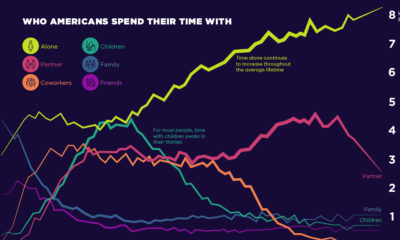
Misc3 days ago
Visualized: Who Americans Spend Their Time With
Social connections evolve throughout our lifetimes. Here we chart how much time Americans spend with others, and who that time is spent with.
-
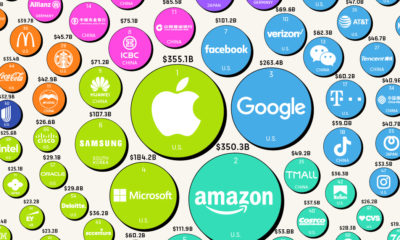
Markets4 days ago
The Top 100 Most Valuable Brands in 2022
A strong brand is extremely lucrative when leveraged properly. Here’s a look at the most valuable brands in 2022, according to Brand Finance.
-

Green6 days ago
Interactive: EV Charging Stations Across the U.S. Mapped
Looking for an EV charging station in the states? This interactive map contains every EV charging station in America.
-
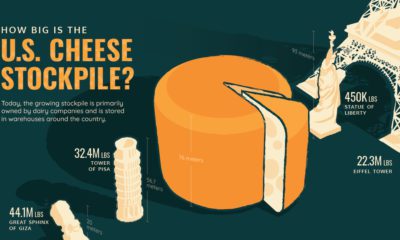
Agriculture1 week ago
How Big is the U.S. Cheese Stockpile?
The U.S. has 1.5 billion pounds of cheese in cold storage across the country—around $3.4 billion worth of cheese.
-
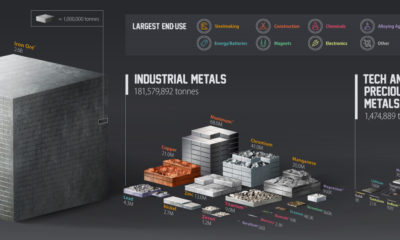
Mining1 week ago
All the Metals We Mined in 2021: Visualized
See all the 2.8 billion tonnes of metals mined in 2021.
Subscribe
Please enable JavaScript in your browser to complete this form.Join the 350,000+ subscribers who receive our daily email *Sign Up
The post Global Trade Series: Fragmentation in the Digital Economy appeared first on Visual Capitalist.

